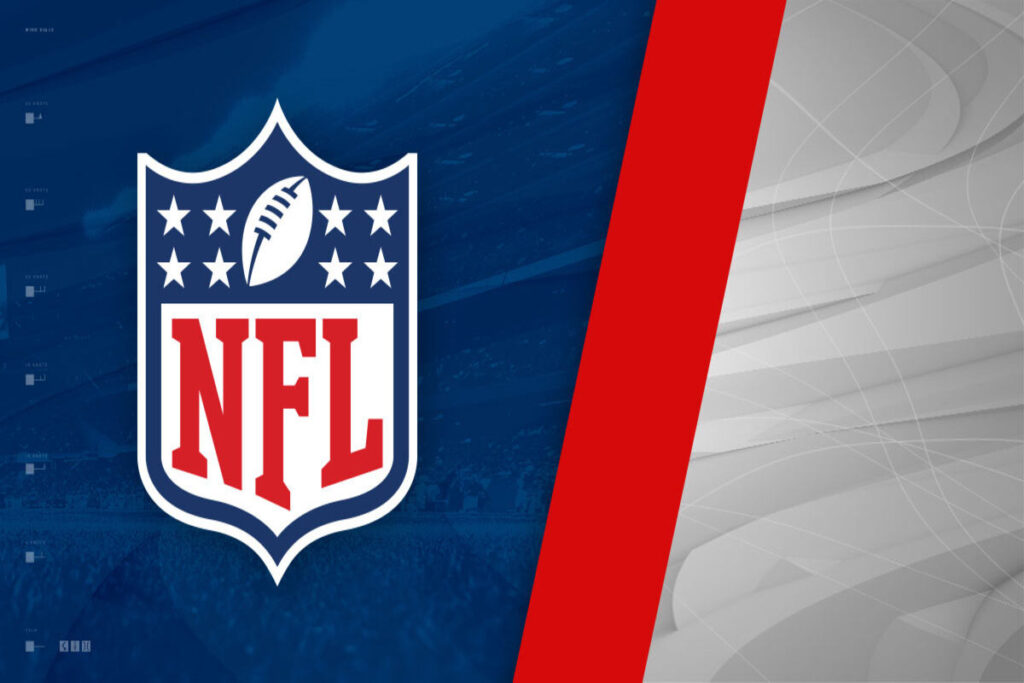The AFC South is having one of the most intense scenarios in the 2023 NFL season. The top three teams of the division, the Jacksonville Jaguars, Indianapolis Colts, and Houston Texans, are all having a 8-6 run till Week 15. Only the upcoming games will decide which team will ultimately fall prey to bad luck.
After the blowout loss to the Cincinnati Bengals amid Jake Browning’s resurgence, the Colts secured a whopping 30-13 win against the Pittsburgh Steelers. However, the team has recently hit the headlines for making an unusual move by suspending cornerback Tony Brown and wide receiver Isaiah McKenzie ahead of the playoff berth decisive fixtures.
Why did the Colts suspend Isaiah McKenzie and Tony Brown?
Suspensions in the NFL typically stem from league-imposed penalties for various infractions. The league has been heavily criticized for unusually charging fines to the players. However, the recent announcement by the Colts to place Tony Brown and Isaiah McKenzie on a three-game suspension due to “conduct detrimental to the team” has stirred curiosity within the football community.
These suspensions would cover the remainder of the regular season. While the specific nature of their actions leading to this punitive measure remains undisclosed by the club, insider reports hint at violations significant enough to warrant severe consequences, per ESPN. Both of the players were healthy during the Colts’ win over the Pittsburgh Steelers in Week 15 but were inactive.
𝗕𝗿𝗲𝗮𝗸𝗶𝗻𝗴: #Colts suspended WR Isaiah McKenzie and CB Tony Brown for the regular season for conduct detrimental to the team, the team announced. pic.twitter.com/LAnOVcyyr5
— Dov Kleiman (@NFL_DovKleiman) December 19, 2023
Both the CB and WR, though often occupying backup positions, have played crucial roles throughout the season. Isaiah McKenzie, in his debut season with the Colts after five years with the Buffalo Bills, showcased his caliber in 13 games of this season. His contributions spanned catching 11 passes for 82 yards, returning punts for 204 yards, and six kick returns for 152 yards. Ths WR’s absence during the recent game against the Steelers saw Josh Downs stepping up in punt returns, who recorded three returns for 38 yards.
Meanwhile, on the defensive end, Tony Brown, in his second season with the Colts, played his part the best. His 12 games in 2023 witnessed him tally 10 combined tackles, one pass defensed, a forced fumble, and an interception. Despite going undrafted in 2018, the CB’s journey through the NFL included stints with the Green Bay Packers and Cincinnati Bengals before landing with the Colts.
The timing of these suspensions casts a shadow over the Colts final matchups against the Atlanta Falcons, Las Vegas Raiders, and Houston Texans. These games hold significant weight as the regular season draws to a close, and have potential impact on the team’s playoff aspirations due to the competitive landscape of the AFC South. Besides these two suspensions, the team also have the setback of missing running back Jonathan Taylor for a while.
What does ‘conduct detrimental to the team’ mean?
The phrase ‘conduct detrimental to the team’ encompasses a range of actions, behaviors, or decisions that negatively impact the league, its members, or the sport’s public image. The NFL’s policies regarding conduct detrimental to the league are grounded in the Commissioner’s authority outlined in various foundational documents, including the Constitution and Bylaws, the Collective Bargaining Agreement, and NFL Player Contracts.
This process aims to ensure fairness and accountability within the league by creating a standardized approach to handle incidents that compromise the integrity or reputation of the NFL. It highlights the importance of maintaining a positive public perception, safeguarding the league’s standing, and upholding its values as well.

These policies of the NFL are not only applicable to players currently under contract but also extend to rookies, undrafted players, those attending scouting combines, unsigned veterans from the prior league year, and prospective players in negotiations with a club.
When a disciplinary decision is communicated, both the league and the player reserve the right to appeal to the Commissioner or a designated representative. However, these appeals have specific guidelines as they are processed swiftly. These are limited to considering the imposed discipline terms, and rely solely on the existing record without introducing new evidence or testimony. The Commissioner or their designee has the final say, with the power to uphold, reduce, modify, or intensify the initially issued discipline.







